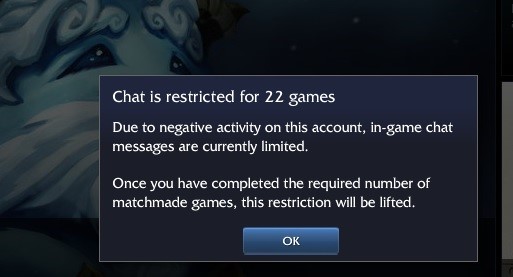There’s something strange yet gratifying about watching a game that you know intimately well being expertly maneuvered through for the first time, even more so for games that you’ve played for years but isn’t talked about or that you don’t normally see when old games get brought up. Just thinking about how often I used to play through the same sets of levels in the game and think I was past the point of the game being able to push my any further as far as difficulty and challenge was concerned. Then I saw some of the games being showcased at AGDQ 2017 and was in awe once again.
I’ve been watching GDQ events for the past few years (if the GDQ highlight posts didn’t give that away) but some of the games this year were so out of left field that I never thought I’d see these games being speedrun let alone being in a GDQ even.
While all the games showcased at AGDQ are worth watching, Mario Paint ruined me as kid, so I felt a special satisfaction when it was equally broken down.
Mario Paint
Races
The GDQ staff has really been making great selections for races this year and it shows from having such great competitors making the races both technically challenging, obviously difficult and competitively close to cause for some great exhibitions of skills and drama. Here are few of the ones that I think are worth watching
Mystery Game Tournament
Ducktales Race
MegaMan
Shovel Knight
Lost Levels
The Bad
Some games… are just bad. And we’re lucky have runners willing to put up with the bad platforming, wonky controller inputs and general malpractice of game design that occurs in these games.
Timecop
Batman Forever
Rocky and Bullwinkle
Donkey Kong 5
Fun Runs
Some commentators and runs are just extremely entertaining to watch. From great commentary, engaging runners, or games that allow for great moments occur that become memorable highlights of the week. Here are a few of these moments
Super Dram World – GrandPooBear/Dode
Zelda Windwaker
TAS Bot
SMB 2 Lost Level – BigJon
Zelda Ocarina of Time 3D
Mighty No. 9
Sonic adventure DX big the cat
New Super Hook Girl
Not Another Needle Game
Sega Bass Fishing
GTA: Vice City
Kabuki Quantum Fighter
Krion Conquest
Super Bomberman
Twitter: @GIntrospection








